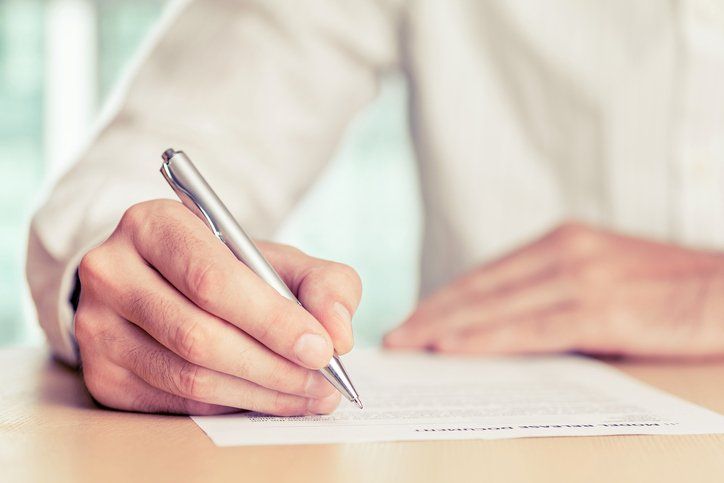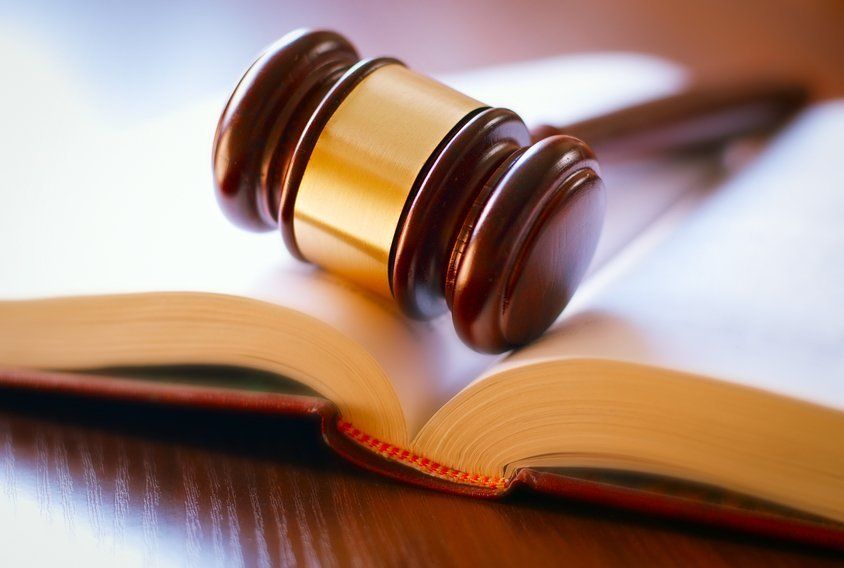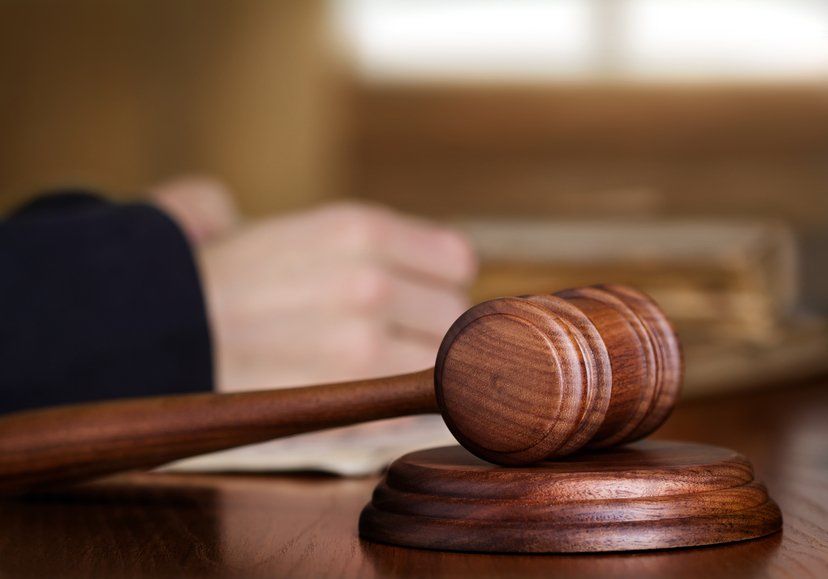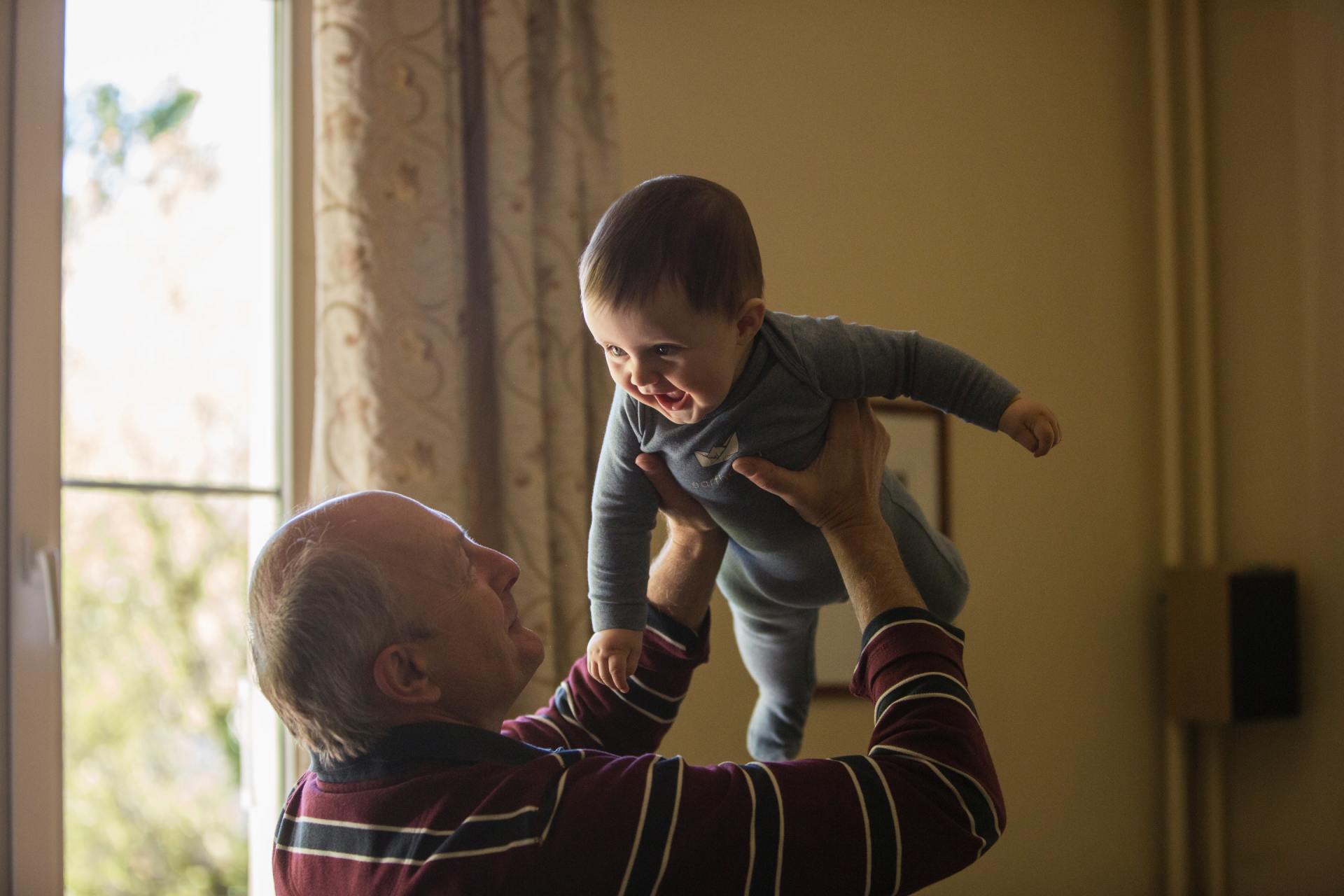Wills and Probate FAQ
Some Answers to Commonly Asked Questions Surrounding Wills and Probate
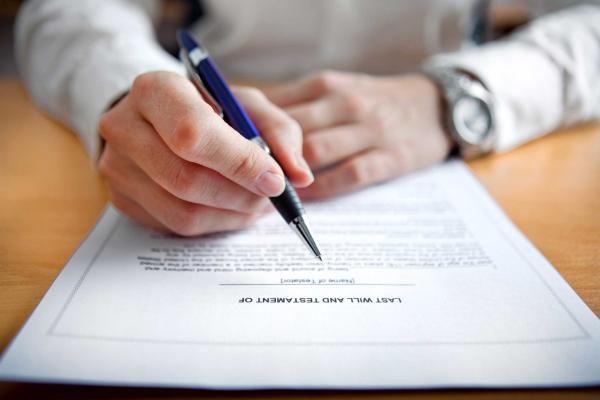
What is a Last Will and Testament?
-A Last Will and Testament is written documents that provide distribution of your property (estate) upon death.
Do I need a Will?
-A will is beneficial if you want to ensure the right people receive the property you want them to have, or you want to make sure the appropriate person is appointed your estate, it would be in your interest to want a will.
How often do I need to update/change my Will?
-Your Will should be reviewed by an attorney and updated at any time there is a change in your financial standing or a change in your personal life. Occurrences such as divorce, marriage, a death involving a beneficiary, or even moving to a different state can significantly change a Will. Every 5 years is a good timetable to have to ensure that your will is consistent with any laws and desires.
What are the requirements for making a Will?
-A will must be in writing
-The will maker must be at least 18 years of age
-The will must be signed by the testator
-The will must be signed by at least two witnesses who will not receive anything from the will
-The will maker must have the mental competency to execute a will at the time it was signed and witnessed.
What if a Person Dies Without A Will?
-If there is no will for someone who passes, the court will appoint a personal representative to manage the estate. Each state has its own formula for appointing what close relatives receive.
Who is an executor?
-An executor is a person appointed in your Will who is responsible for carrying out the terms. There will be alternatives in the case of the primary executor being unwilling to serve.
Is all of my property controlled by my Will?
-There are certain assets that fall outside of your Will, called non-probate assets. Some of these assets may include retirement benefits, bank accounts, and life insurance proceeds.
What is Probate?
-Probate is a court-supervised process for gathering assets of a deceased person, paying off the decedent's debts, and distributing their assets to his or her beneficiaries. The decedent's assets are used to pay the cost of the probate proceeding, then are used to pay the outstanding debts that the decedent has, with the remaining being distributed to the beneficiaries of the decedent.
Why must an estate go through Probate?
-The state makes sure that the estate will pay off all of its debts and tax obligations, as well as making sure the property goes to the correct recipients. By default, estates will go through probate. There are state by state cases in which you have different options in bypassing probate, which can be streamlined for smaller estates.
How does the Probate process work?
-The executor will file papers to the local probate court. From there, the executor will prove validity of the will and present the court with the proper documentation regarding your property, debts, and who will inherit remaining assets. The process commonly takes a few months to a year to be completed.
Should I plan to avoid Probate?
-Probate does not help your beneficiaries much, in which it always ends up costing more time and money than anticipated. Probate makes the most sense when you have a complicated estate, potentially from debts that are not easily payable from the property you leave.



